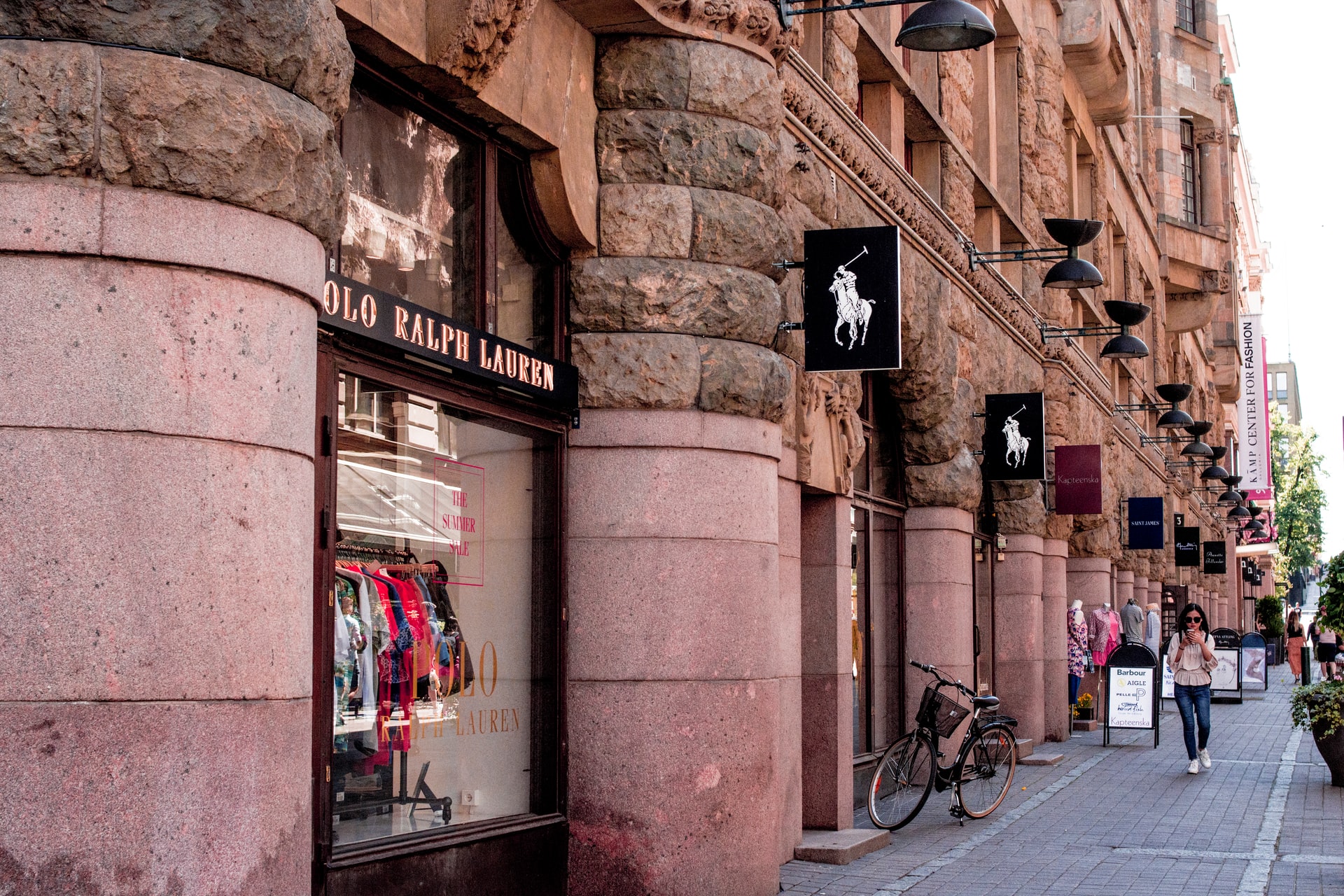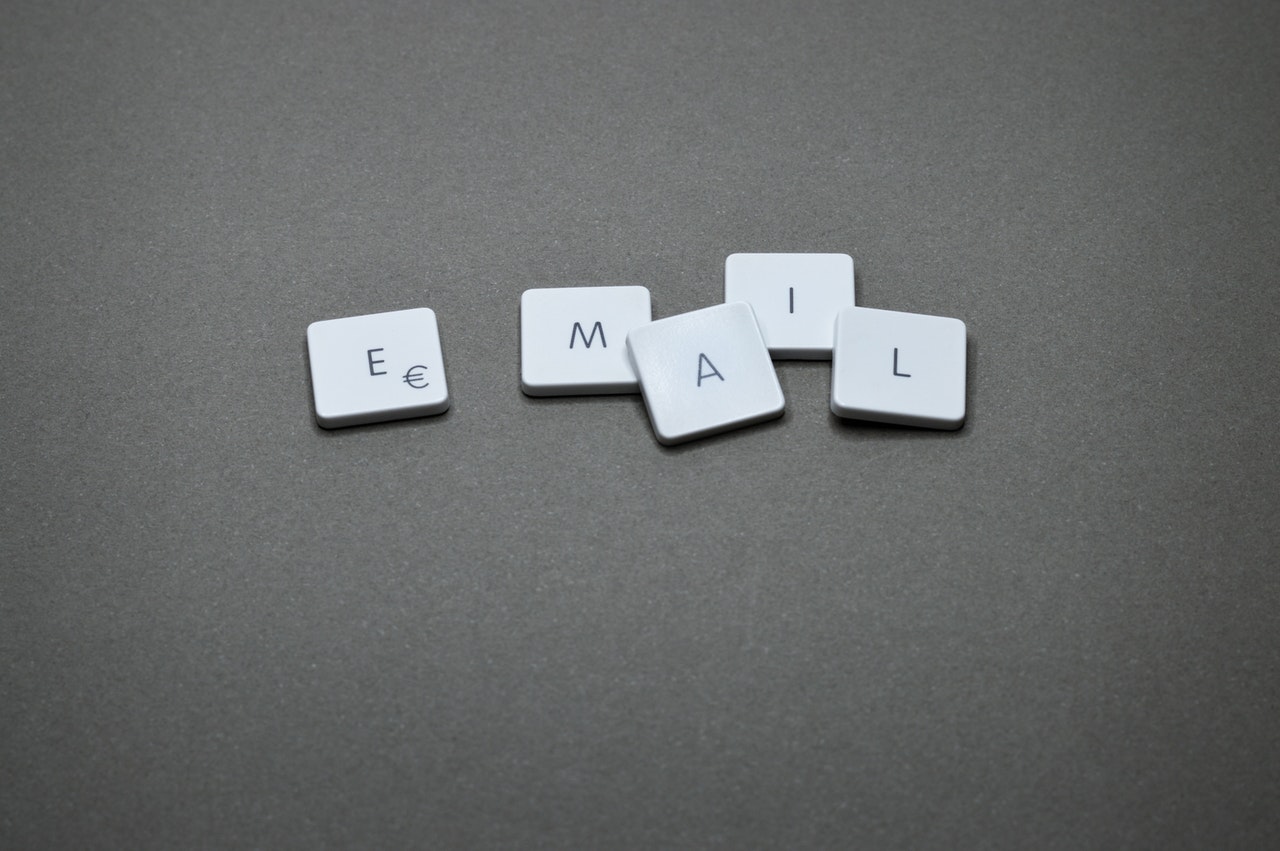Cheap Vintage Ralph Lauren Clothing Parts
The polo giant of the clothing world, Ralph Lauren is a...
Steps to improve customer loyalty
There are various leading brands as well as hungry startups...
Reasons Behind Average UK House Prices Rise With Each Year
According to the Office for National Statistics, the...
Finally A Crypto Trading Bot Which Fought Market Fluctuations And Delivered Consistent Profits. Find out more
Cryptocurrencies were first established in 2008, but in...
Car Insurance: Complete Guide for Young Drivers
If you are driving for the first time in your life, it is...
7 Introduction Email Templates That Work in 2021
An introduction email is a message in which you introduce...
What is affiliate marketing? How to start making money on affiliate programs
Finding a powerful source of income may take things in your...
How Does Coinbase Work: Guidelines for New Clients
One of the first crucial decisions you need to take at the...
What Are the Best Crypto Telegram Groups?
When one wants to earn from trading crypto, fiat currency,...
How to Shop Responsibly this Holiday Season
In recent years, corporations have faced immense pressure...











 Bitcoin
Bitcoin  Ethereum
Ethereum  Tether
Tether  XRP
XRP  USDC
USDC  Solana
Solana  TRON
TRON  Lido Staked Ether
Lido Staked Ether  Cardano
Cardano  Avalanche
Avalanche  Toncoin
Toncoin